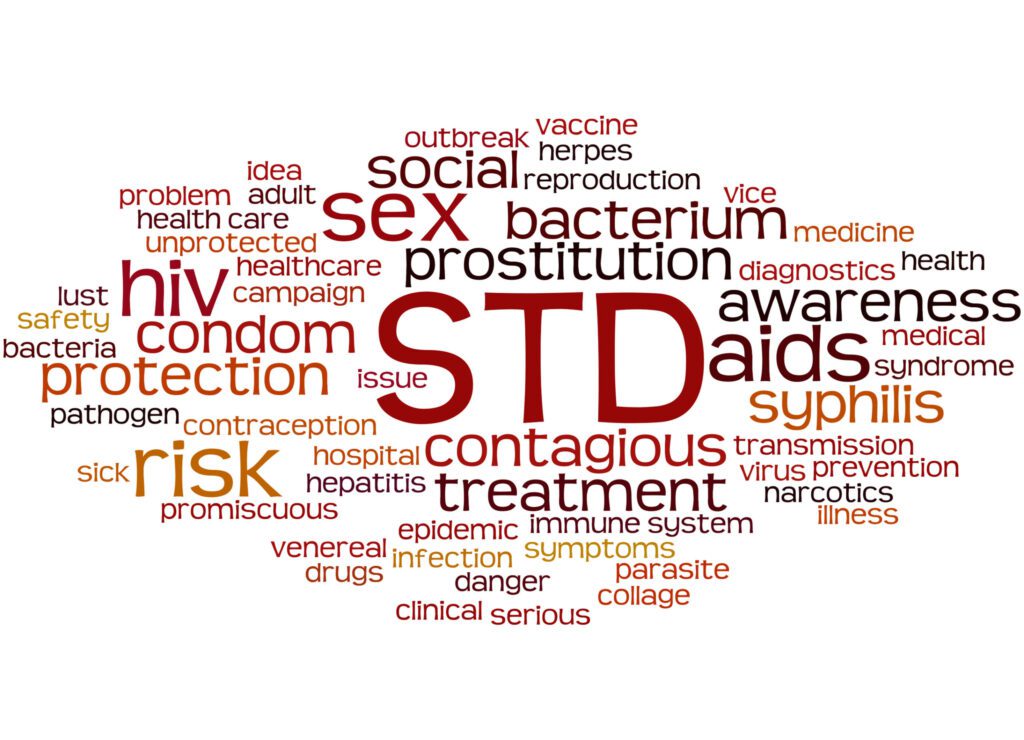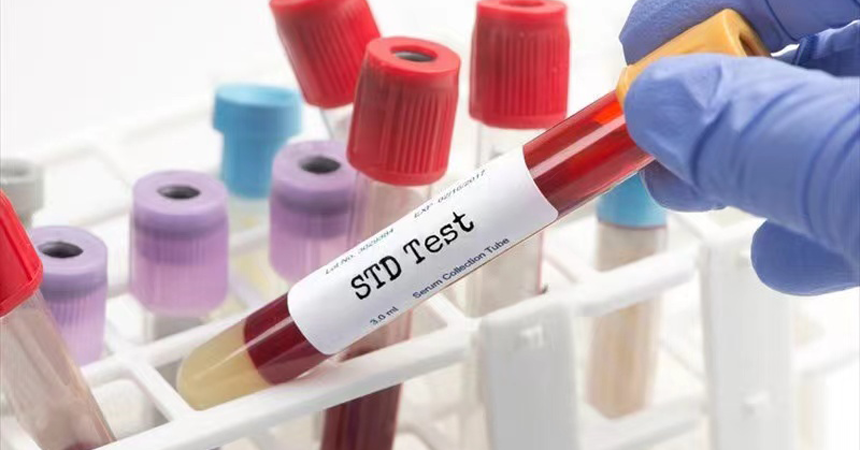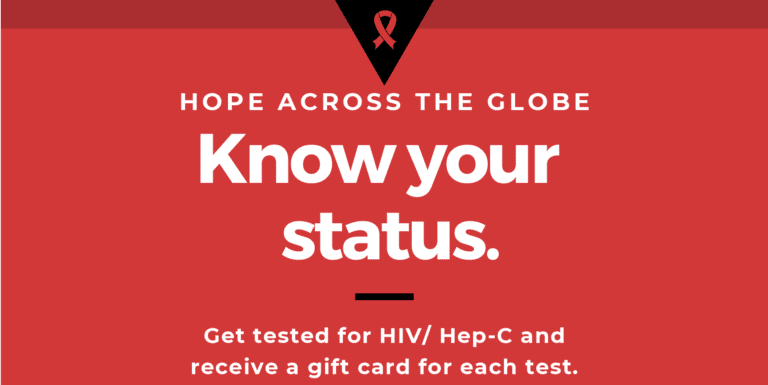The Impact of STDs on Mental Health: Addressing the Emotional Side of Diagnosis
According to the Centers for Disease Control and Prevention (CDC), there are approximately 20 million new cases of sexually transmitted diseases (STDs) each year in the United States. While the physical health consequences of STDs are well known, less attention is often given to the emotional impact of an STD diagnosis. In this blog post, we will explore the emotional side of an STD diagnosis, including common reactions, coping strategies, and the importance of seeking support.
STD Testing and Diagnosis
Getting tested for STDs is an essential part of sexual health maintenance. STD testing is important because some STDs may be asymptomatic, meaning that individuals may not experience any noticeable symptoms. Regular testing can help with early detection and treatment, which can prevent complications and further transmission of the infection.
The testing is available at various STD clinics and testing centers, including Hope Across The Globe. These clinics provide confidential and non-judgmental testing services, which can help remove the stigma associated with getting tested for STDs. Testing can include blood tests, urine tests, and swab tests, and patients can expect a comfortable and private environment to receive their results.

Emotional Impact of an STD Diagnosis
Receiving an STD diagnosis can be an emotional experience. Common emotional reactions to STD testing and diagnosis include shock, fear, anger, guilt, and shame. It is important to remember that these reactions are normal and that there is no reason to feel ashamed or guilty. Coping with an STD diagnosis can be challenging, but seeking emotional support from loved ones and healthcare providers can make a significant difference.
An STD diagnosis can impact an individual’s self-esteem and relationships. Individuals may fear rejection and judgment from partners and peers, leading to feelings of isolation and loneliness. Seeking support from loved ones and healthcare providers can help individuals cope with these feelings.
Support from Healthcare Providers
Healthcare providers play an important role in supporting individuals with an STD diagnosis. They can provide accurate information about the infection, address concerns about confidentiality and privacy, and provide treatment options and medication to manage symptoms and prevent further transmission.
Seeking treatment and medication for STDs can help reduce the risk of complications, prevent further transmission of the infection, and improve overall health and well-being. Concerns about confidentiality and privacy are common when seeking treatment for an STD. It is important to know that patient confidentiality is protected by laws and regulations, and non-judgmental and confidential healthcare services are available.
Coping Strategies for Dealing with an STD Diagnosis
Dealing with an STD diagnosis can be stressful and challenging. Here are some coping strategies that may be helpful:
- Seek emotional support from loved ones and healthcare providers. Talking to a trusted friend, family member, or healthcare provider about your feelings and concerns can help you feel less alone and provide you with the emotional support you need to cope.
- Develop a self-care routine that includes exercise, healthy eating, and stress-reducing techniques like mindfulness and meditation. Regular exercise and healthy eating habits can help boost your mood and reduce stress, while mindfulness and meditation can help you stay focused and centered.
- Consider seeking therapy or counseling to manage anxiety, depression, or other mental health symptoms. Therapy or counseling can help you develop coping strategies to manage the emotional impact of an STD diagnosis and provide you with a safe space to discuss your feelings and concerns.

Stigma and Education
Stigma is a significant issue for individuals living with an STD. It can lead to feelings of shame, and isolation, which can make it difficult to seek emotional and medical support. To reduce stigma, it is essential to educate the public about STDs and their impact on individuals’ lives. By educating people about STDs and encouraging open communication, we can reduce the negative impact of stigma. And help individuals with STDs feel supported and valued.
Education can also help promote safe sex practices, including the use of condoms and regular STD testing. By promoting safe sex practices, we can help prevent the spread of STDs. And reduce the emotional and physical impact of an STD diagnosis.
Conclusion
An STD diagnosis can have a significant impact on an individual’s mental health, causing emotional reactions such as fear. However, seeking support from loved ones and healthcare providers, as well as utilizing coping strategies such as exercise and therapy, can help individuals cope with the emotional impact of an STD diagnosis.
At Hope Across The Globe, we understand the emotional toll that an STD diagnosis can have on individuals. Our STD clinic provides confidential and compassionate testing and treatment for a range of STDs. We also offer counseling services to help individuals cope with the emotional impact of their diagnosis. By providing education, support, and quality care, we are committed to promoting the physical and emotional well-being of our patients. Remember, seeking help and support is a sign of strength. And at Hope Across The Globe, we are here to support you every step of the way.
Related Tag: HIV Clinic Jacksonville FL






